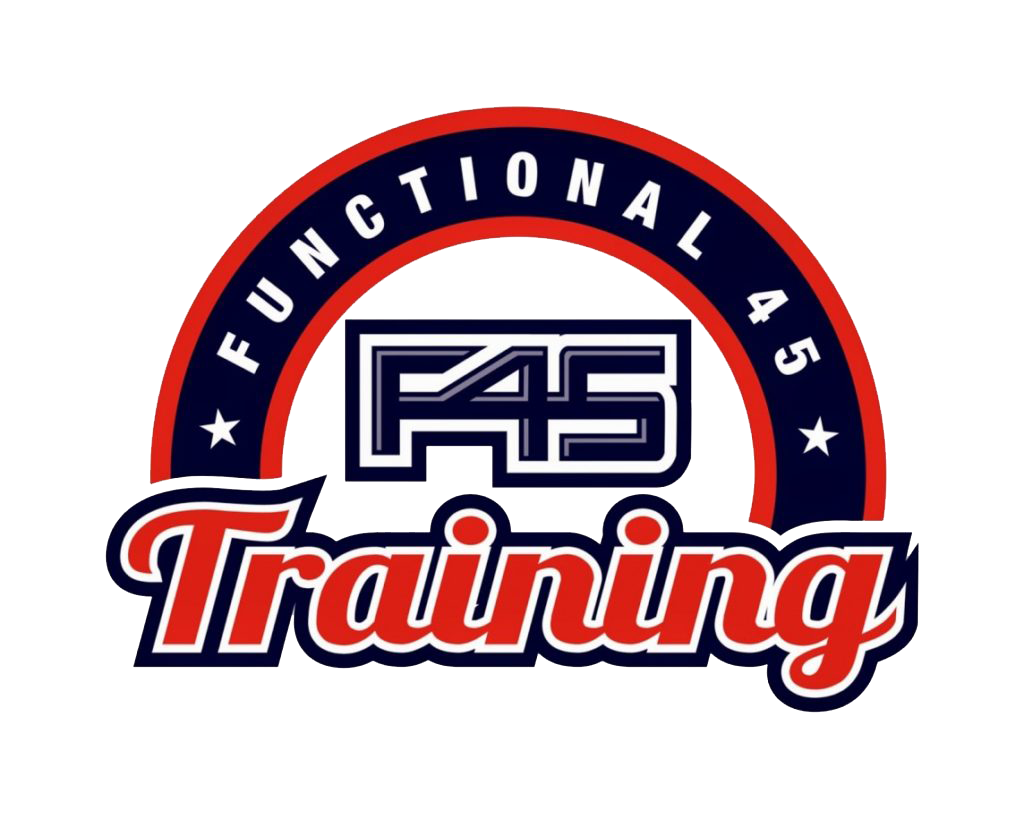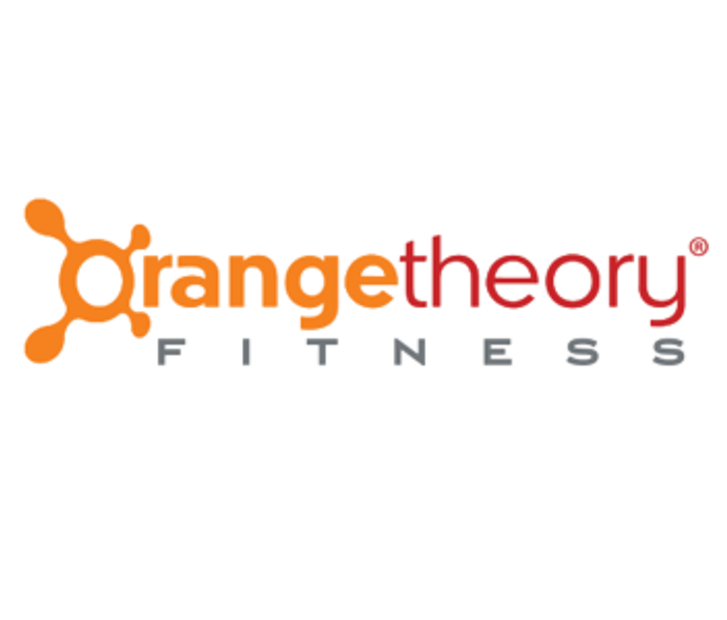Brand Experience








Changing Real Estate Market: Tips for Adapting and Thriving
24 March, 2024
The constantly shifting dynamics of the real estate market require professionals within the industry to stay agile and innovative in their marketing strategies. As new data from the National Association of Realtors (NAR) demonstrate, the market demographics are rapidly evolving, with a significant rise in first-time buyers, who now make up 50% of all homebuyers, a notable increase from last year. In addition, multi-generational housing needs are growing as families adapt to changing lifestyle requirements.
These statistics point to the necessity for real estate professionals to understand their audience deeply and to devise marketing strategies that resonate with a technologically adept and diverse client base, while still offering that essential personal touch. As we witness the surge in digital tool utilization for home searches, the industry must promote properties effectively online and provide seamless digital experiences for their clients.
Adapting marketing strategies to meet these shifts can include leveraging the power of social media engagement. Platforms such as Instagram provide an optimal arena for interactive content like polls that can encourage engagement while simultaneously gleaning important insights about client preferences.
In this arena, visual content remains supreme, capturing the attention of potential buyers efficiently. Infographics that detail market statistics or offer real estate tips are an exemplary method of breaking down complex information into easily shared content slices. Sharing these visual insights can help establish an agent’s expertise and provide tangible value to their audience.
Diversifying communication strategies can also offer a competitive edge. While traditional email campaigns are still prevalent, exploring direct communication channels such as Messenger ads can cut through the clutter, offering a more immediate connection with potential clients. Gym Lead Generation processes can draw inspiration from this by using direct communication channels to nurture leads with personalized engagement.
Professional real estate websites that are both responsive and optimized for mobile usage are indispensable. They should reflect your brand identity and be equipped with tools for real-time property listings and lead capture functionalities. Hyperlocal blog content and regional expertise showcased on your site can further highlight your local knowledge and establish trust with potential buyers.
While platforms like Zillow boast significant traffic, broadening exposure across other real estate platforms, and utilizing varied advertising for gyms and other local businesses can expand reach and attract diverse potential buyers. Similarly, maintaining a robust and up-to-date Google Business Profile with client testimonials can significantly influence prospective clients’ decisions.
Building local community ties is also critical. Real estate professionals can become entrenched in the community by sponsoring events, conducting homebuyer classes to establish expertise, and engaging in cross-promotions with other local businesses.
Moreover, the adoption of Artificial Intelligence (AI) and machine learning technologies is transforming lead generation and customer service in real estate. These tools allow for a targeted approach, identifying leads through analysis of search history and online behavior, leading to more personalized engagement and a higher rate of conversion.
With the importance of nurturing leads, automated marketing tools like listing alerts and email drip campaigns serve to keep potential buyers informed and engaged with listings tailored to their searches, ultimately improving lead generation outcomes.
Physical networking opportunities can also play a pivotal role in building relationships. Setting up booths at local fairs, coupled with distributing unique marketing materials like personalized business cards or brochures, can make a lasting impression.
Providing value-added services, such as home staging, can connect agents with sellers while enhancing a property’s appeal and saleability. Likewise, comprehensive resources on simplifying and decluttering homes for showings can position an agent as a valuable resource, reinforcing their expertise and credibility.
In summary, as the real estate market continues to evolve, it’s clear that the key to More Gym Members or selling homes is through adapting marketing strategies to meet modern consumer demands. An understanding of technology, the importance of compelling visual content, direct communication strategies, and the innovative use of AI for lead generation can ensure that real estate professionals thrive in an increasingly competitive landscape. By employing these tactics, you can not only capture the attention of a wide array of clients but also provide valuable services that secure their loyalty for years to come.




